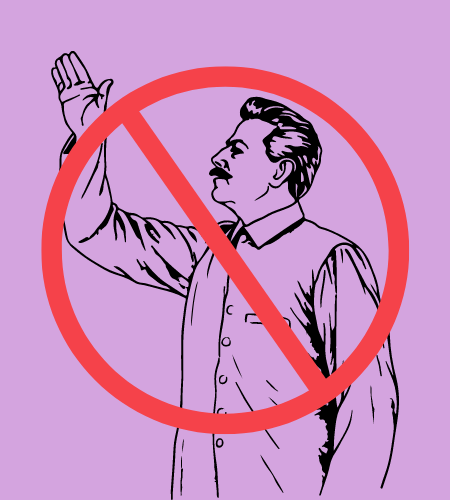The European Day of Remembrance for Victims of Stalinism and Nazism, celebrated every August 23, serves as a somber reminder of the harsh realities of totalitarian regimes. This day honors the memory of those who suffered under the oppressive policies of Joseph Stalin’s USSR and Adolf Hitler’s Nazi Germany. The date marks the anniversary of the Molotov-Ribbentrop Pact, signed on August 23, 1939, which preceded the outbreak of the Second World War.
Through remembering the atrocities tied to these dictatorships, the day emphasizes the importance of democracy, peace, and stability in Europe. It underlines the ongoing need to educate and remind current and future generations of the past to prevent history from repeating itself.
History of European Day of Remembrance for Victims of Stalinism and Nazism
The European Day of Remembrance for Victims of Stalinism and Nazism, also known as Black Ribbon Day, was first recognized by the European Parliament in September 2008 and officially commemorated starting in 2011 in Warsaw, Poland. The day not only focuses on remembering the victims but also on rejecting extremism, intolerance, and oppression. It is a symbolic gesture by the European Union to promote democratic values and reinforce peace and stability within the continent.
Originating during the Cold War, Black Ribbon Day was initially observed by Eastern European exile communities in North America. It was a form of protest against the crimes committed by communist regimes. The name “Black Ribbon Day” was coined by Markus Hess from the Estonian Central Council in Canada, symbolizing mourning and remembrance. This observance spread to Europe and the Baltic countries, gaining formal recognition and becoming a pan-European day of remembrance.
Why is European Day of Remembrance for Victims of Stalinism and Nazism important?
Marking the European Day of Remembrance for Victims of Stalinism and Nazism is crucial not only as an act of remembrance but also as an educational tool that reinforces the values of freedom and democracy. It serves as a reminder of the consequences of allowing totalitarian ideologies to take root and the importance of vigilance in preserving human rights.
- The day helps ensure that the atrocities committed under Stalin and Hitler are not forgotten, thereby preventing history’s repetition.
- It serves as a reminder of the value of human rights and the dangers of totalitarianism.
- By commemorating this day, we underscore the resilience of survivors and the strength of the human spirit in the face of tyranny.
- The observance fosters unity and solidarity among European nations and their commitment to peace and democratic values.
- It encourages educational initiatives that help younger generations understand the complexities of European history and the importance of maintaining a vigilant democracy.
How to Observe European Day of Remembrance for Victims of Stalinism and Nazism?
Observing this day can be a meaningful act of remembrance and reflection. Here are some ways to meaningfully engage with this day:
- Wear a black ribbon as a symbol of mourning and remembrance for the victims of these brutal regimes.
- Educate yourself and others about this period in history. Share articles, books, and documentaries that shed light on the events and personal stories from this era.
- Participate in or organize commemorative events such as exhibitions, lectures, or moments of silence that honor the victims and highlight the importance of remembrance.
- Engage in discussions on social media or within your community to spread awareness about the significance of this day.
- Reflect on the importance of democracy and the rule of law, and consider how you can contribute to the promotion of these values in your community.
European Day of Remembrance for Victims of Stalinism and Nazism Dates Table
| Year | Date | Day |
|---|---|---|
| 2025 | August 23 | Saturday |
| 2026 | August 23 | Sunday |
| 2027 | August 23 | Monday |
| 2028 | August 23 | Wednesday |
| 2029 | August 23 | Thursday |
Reviewed by HolidayToday Staff
Subscribe to our newsletter and never miss a holiday again!

